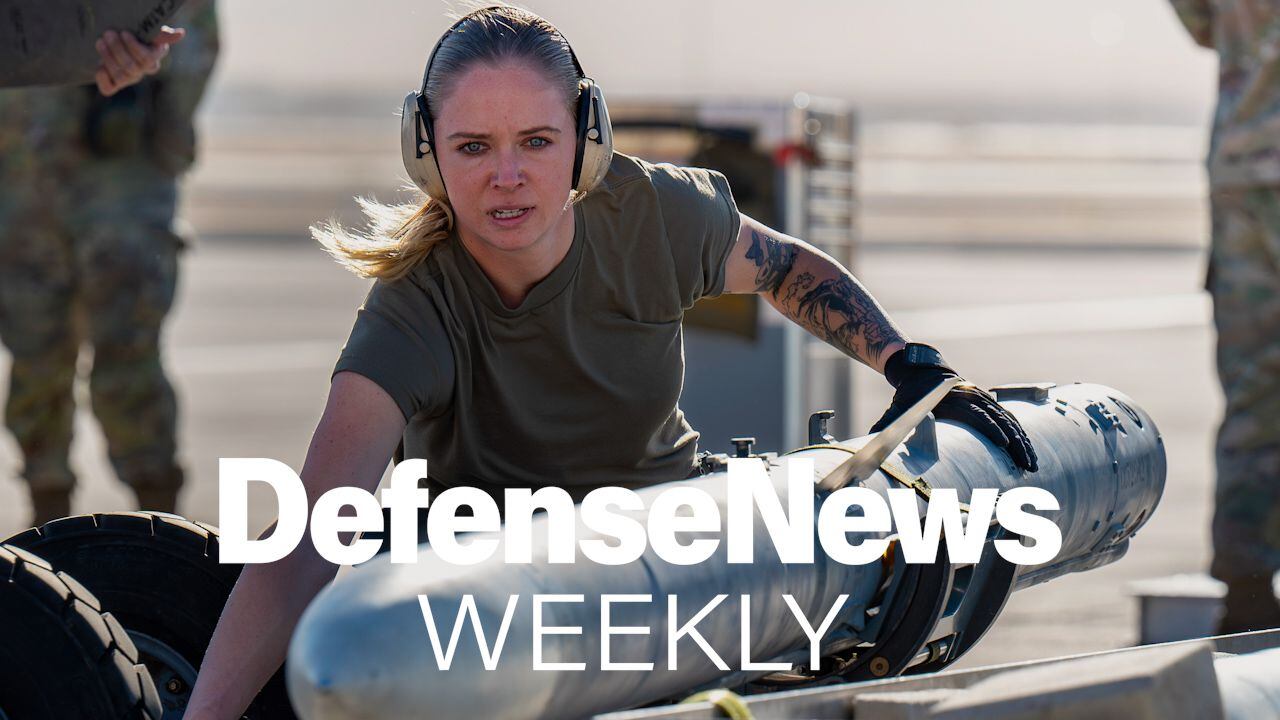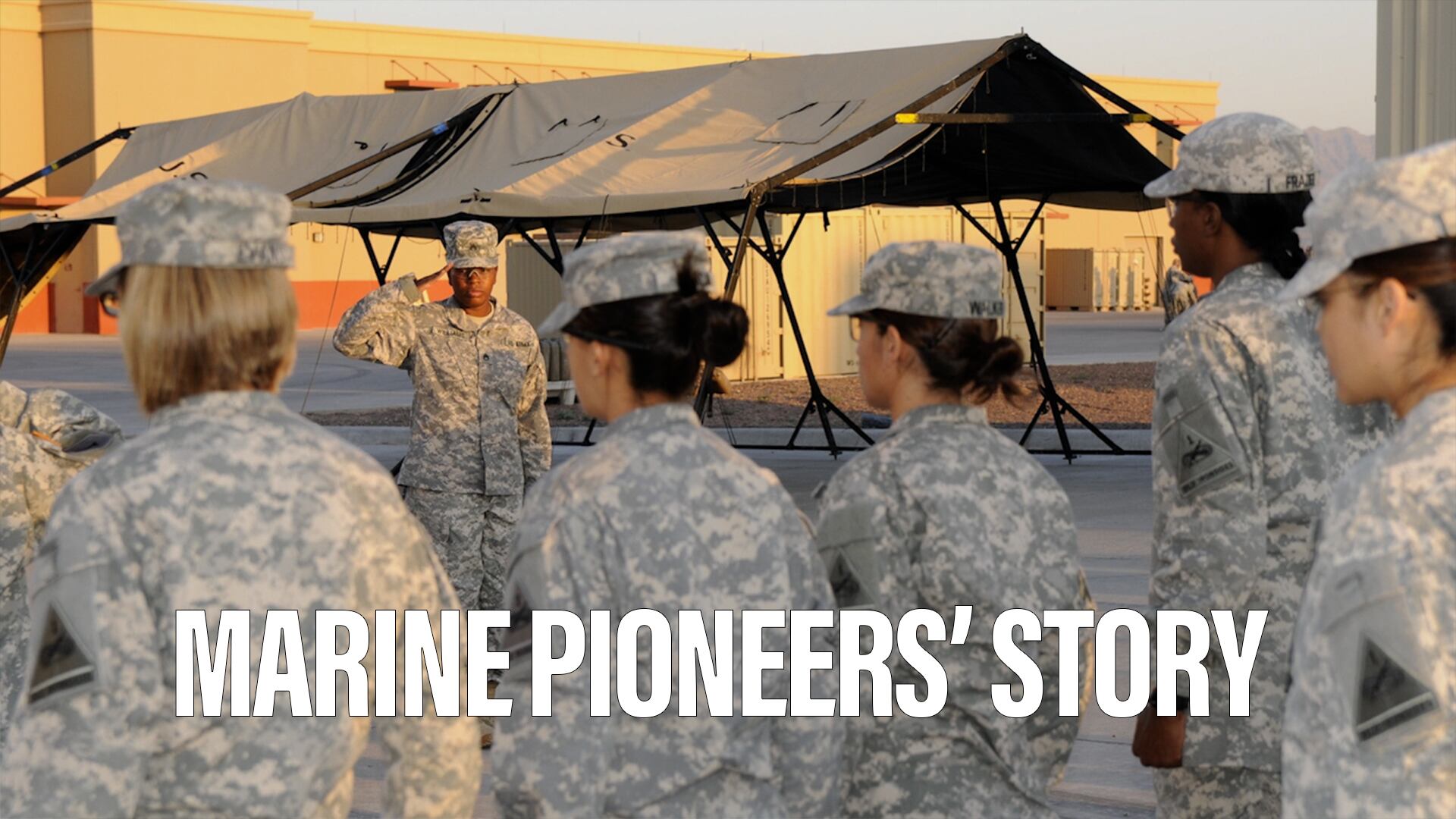WASHINGTON — The general tapped to oversee US Central Command said he would show "tough love" to Middle Eastern allies reluctant to shoulder more of the fight against the Islamic State group.
At his Senate Armed Services confirmation hearing Wednesday, Gen. Joseph Votel acknowledged the US needs to further engage regional powers.
"We have to, in some cases, exercise tough love with our partners to ensure that they develop the capabilities … so that they take care of their security requirements," Votel said, adding later: "I think part of our challenge here is looking at the various interests and objectives ... and I look forward to trying to bring coherence to that with the partners we have invested in over a long period of time."
As the US seeks to avoid committing large numbers of its ground troops, its military approach hinges on working "by, with and through," regional powers and local militias. Yet Sunni Arab allies of the US have in some cases exhibited reluctance to take on the Islamic State as robustly as the US would like because they view Iran as their main enemy and the Islamic State as a hedge against an ally of Iran, Syrian President Bashar Al-Assad.
Votel currently commands US Special Operations Command (SOCOM). If confirmed, Votel would replace Army Gen. Lloyd Austin. Votel's replacement to command SOCOM would be Army Lt. Gen. Tony Thomas, currently commander of Joint Special Operations Command.
After the hearing, the committee's chairman, Sen. John McCain, R-Ariz., said he did not foresee problems advancing the Votel and Thomas nominations to the Senate.
During the hearing, Votel took a hard tack on Iran, saying he supports tougher sanctions in light of its recent missile tests, and that Iran's links to the barrel-bombing Assad regime need to be exposed.
"We should use the full measure of our resources: information, diplomatic, to bring the matter to people's attention and hold them accountable," Votel said.
More broadly, Votel expressed "concerns" with the administration's strategy against the Islamic State, also called ISIS or ISIL.
"I do have concerns about our broader strategy against ISIL, about how we applying our resources, about how we are focusing our authorities, about how we are leveraging all of the required instruments of government — our own and our partners — in going after that," Votel said.
Last month, Defense Secretary Ash Carter outlined broad plans to retake Islamic State's power centers in the two countries, including encircling key cities with Iraqi security forces and U.S.-backed rebels. Just days later, the top US general in Iraq hinted that type of conventional warfare approach may require a boost in US ground forces.
About 3,700 U.S. troops are deployed in Iraq, in training and advising roles. A special operations force of nearly 200 more is also active in the region, conducting more aggressive, offensive operations against the Islamic extremist group.
Special Operations forces continue to coordinate local rebel militias. In the hearing, Thomas said he was "quite pleased" with SOCOM's progress with US-backed rebel militias in northern Syria, which have "performed extraordinarily" and shown "tenacity" despite combat claiming 75 of them.
"By, with and through them we have been able to secure a swath of terrain that is the size of New Jersey, Delaware and most recently Rhode Island in and around Shadaddi" Thomas said, referring to an area captured by Syrian Democratic Forces last month.
In separate Capitol Hill testimony Tuesday, Votel told lawmakers he supposed a revised effort to train and equip moderate Syrian rebels battling the Islamic State.
The Obama administration had scrapped a previous effort after it emerged that the $500 million program had only four or five fighters after others had been captured, wounded or fled.
The program has hit other snags with reports of these groups fighting each other and controversy over whether they should be restricted from fighting the Assad regime.
Amid questions from Sen. Deb Fischer, R-Neb., on Wednesday, Thomas said the US is vetting leaders of these groups and including human rights and the rule of law in their training.
Asked if these groups should be disqualified from the US program if they attack one another, Thomas said, "I do."
Email: jgould@defensenews.com
Twitter: @reporterjoe
Joe Gould was the senior Pentagon reporter for Defense News, covering the intersection of national security policy, politics and the defense industry. He had previously served as Congress reporter.








